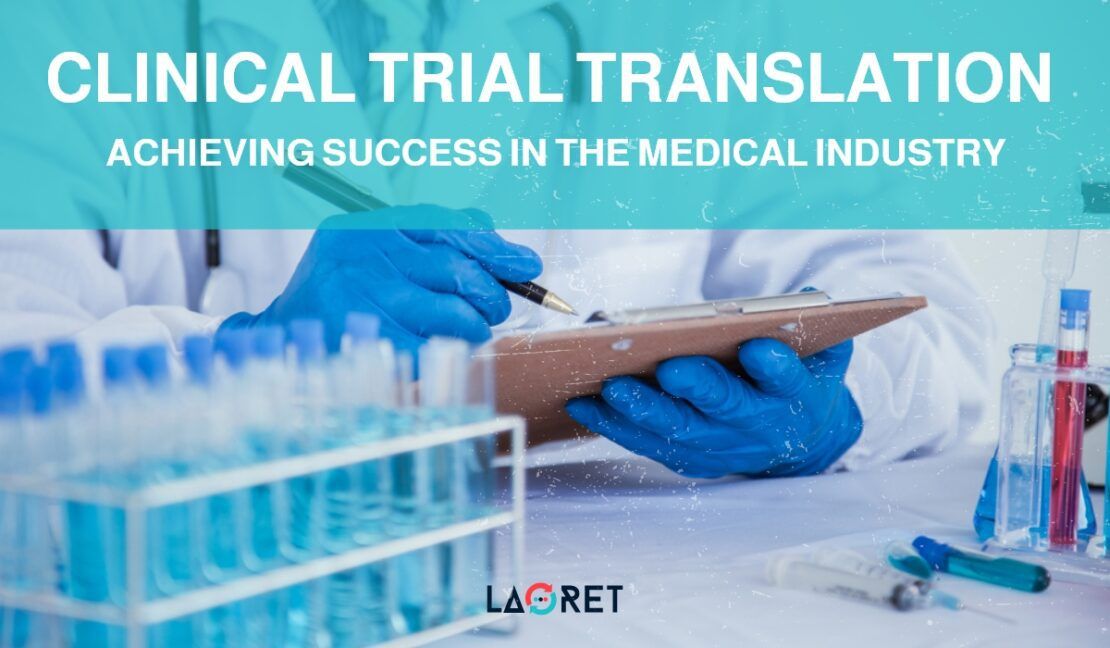As technology continues to advance, the healthcare industry is constantly evolving to meet the needs of a global society. One area where this is particularly evident is in clinical trials and research. In order to reach a broader audience and ensure that data is accurately collected and analyzed, healthcare translation plays a crucial role in these processes.
What is Healthcare Translation?
Healthcare translation involves the conversion of medical and scientific documents, materials, and information from one language to another. This includes everything from patient consent forms and case reports to research protocols and regulatory documents. The goal of healthcare translation is to ensure that accurate and culturally sensitive information is accessible to individuals around the world.
The Impact of Healthcare Translation on Clinical Trials
Clinical trials are essential for testing the safety and efficacy of new treatments and interventions. In order for these trials to be successful, it is crucial that participants understand the procedures, risks, and benefits involved. Healthcare translation allows for clear communication between researchers and participants, regardless of their native language.
By providing translated materials, researchers can broaden their participant pool, ensuring that diverse populations are included in the study. This not only promotes inclusivity but also helps to generate more robust and generalizable results. In addition, healthcare translation can help to minimize the potential for misunderstandings and ensure that participants are fully informed and engaged throughout the trial.
The Role of Healthcare Translation in Research
Research in the healthcare field is constantly expanding, with new discoveries and advancements being made on a regular basis. In order for this research to reach a global audience, it is essential that findings are translated into multiple languages. Healthcare translation allows for the dissemination of important research findings to healthcare providers, policymakers, and the general public around the world.
By translating research articles, studies, and reports, researchers can amplify the impact of their work and contribute to the collective knowledge base in the field. This not only helps to advance healthcare practices and policies globally but also promotes collaboration and innovation among researchers from different countries and cultures.
Best Practices for Healthcare Translation
When it comes to healthcare translation for clinical trials and research, there are several best practices that should be followed to ensure accuracy and effectiveness. These include:
Working with professional translators who have expertise in the healthcare field
Providing translators with sufficient background information and context for the materials being translated
Ensuring that all translations undergo thorough quality assurance and review processes
Utilizing technology and tools to streamline the translation process and maintain consistency
Seeking feedback from native speakers and stakeholders to ensure that translations are culturally appropriate and accurate
Conclusion
Healthcare translation plays a critical role in the success of clinical trials and research in the healthcare field. By providing accurate and culturally sensitive translations, researchers can ensure that participants are fully informed and engaged, and that important research findings are accessible to a global audience. As technology continues to advance, the need for healthcare translation will only continue to grow, making it an essential component of healthcare practices and policies worldwide.
For more information on healthcare translation services for clinical trials and research, please contact us today.



